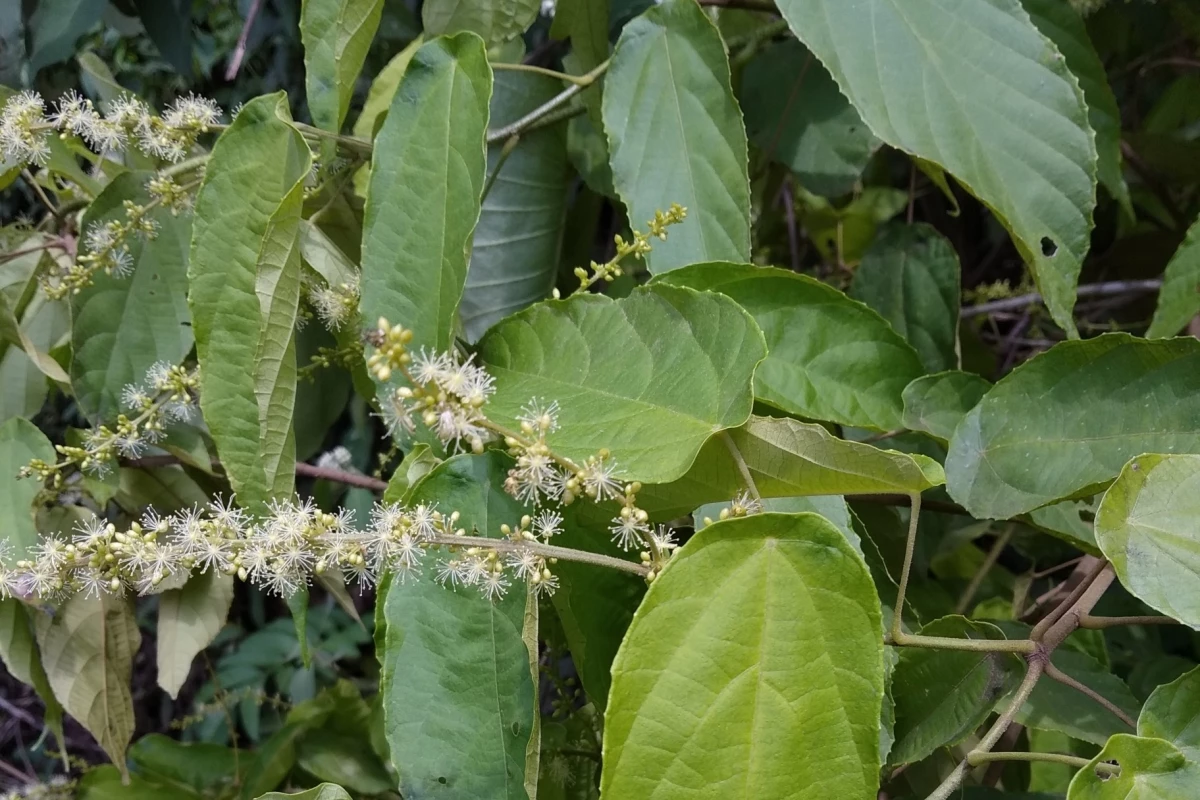Researchers have discovered the fat-busting properties of a plant native to Hainan Island in China during studies with mice. The findings might shine light on a path to combating obesity and fatty liver disease in humans.
While it might sound like a spell from the Harry Potter movie franchise, Mallotus furetianus (MF) is actually a tropical plant found in some parts of India and on the island of Hainan off China's southern coast. The plant has been consumed as a beverage called "Shan Ku Cha" for years, and is thought of in folk medicine as a cure for a condition known as cholecystitis, which is a swelling and redness of the gallbladder caused by trapped bile.
The plant has also kicked up the curiosity of scientists interested in its curative properties.
One study, for example, revealed that it can have a positive impact on gut flora in rats that lead to better levels of protein and fats in the blood. Researchers from Osaka Metropolitan University (OMU) in Japan also showed that it was able to help prevent fatty liver disease caused by alcohol consumption.
Now, some of those same OMU researchers have delved deeper into MF's potential health-boosting properties to see if the plant could help fight obesity.
They divided a group of 36 mice into various categories and fed them either a normal control diet with and without Mallotus furetianus extract (MFE) or a high-fat diet with or without MFE. They found that the mice who ate both high-fat foods and took the MFE gained only about 3 grams during the one-week study. The mice on the high-fat diet who didn't take MFE, on the other hand, gained about 6 grams of body weight.
What's more, the mice on the high-fat diet who took MFE also had smaller fat-storage cells known as adipocytes than those in the control group, which further points to MFE's ability to control fat storage. If MFE's impact carries through to human studies, the compound could offer a way to help people control their weight using a natural substance.
"Our research group is searching for food ingredients with antiobesity effects, based on the idea that if we can find and incorporate them into our daily diets, we can contribute to people's health and longevity," said lead researcher Akiko Kojima of the Graduate School of Human Life and Ecology at OMU. "These results not only suggest a link between Mallotus furetianus extract and antiobesity effects but also indicate its potential as a new food ingredient with antiobesity properties."
The research has been published in the journal, Food and Science Nutrition.
Source: Osaka Metropolitan University





